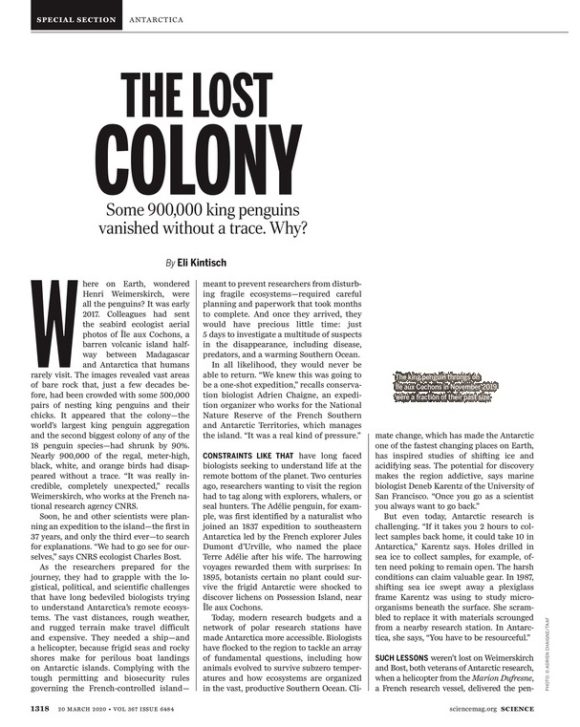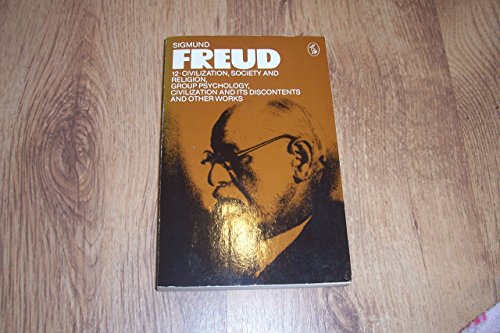

The enjoyment of beauty has a special quality of feeling that is mildly intoxicating. This aesthetic approach to the purpose of life affords little protection against the sufferings that threaten us, but it can make up for much. “Happiness in life is sought mainly in the enjoyment of beauty, wherever it presents itself to our senses and our judgement – the beauty of human forms and gestures, of natural objects and landscapes, of artistic and even scientific creations. Of special importance is the case in which substantial numbers of people, acting in concert, try to assure themselves of happiness and protection against suffering through a delusional reshaping of reality.

“In some way each of us behaves rather like a paranoiac, employing wishful thinking to correct some unendurable aspect of the world and introducing this delusion into reality. The sphere in which these illusions originate is the life of the imagination, which at one time, when the sense of reality developed, was expressly exempted from the requirements of the reality test and remained destined to fulfill desires that were hard to realize.

“Satisfaction is derived from illusions, which one recognizes as such without letting their deviation from reality interfere with one’s enjoyment. Regrettably, Freud carried with him – even late in life – a very shallow understanding of Christian morality, which undermines many of his assumptions. Freud faults the evolved mores of Christian civilization for the frictions, but recognizes the utility of some prohibitions for the conservation of social order. Shipping may be from multiple locations in the US or from the UK, depending on stock availability.In Civilization and Its Discontents, Sigmund Freud advances his own assumptions for the essential social frictions which exist in contemporary Western civilization. This work focuses on what the author perceives to be one of society's greatest dangers 'civilised' sexual morality. After all, doesn't repression of sexuality deeply affect people and compromise their chances of happiness? Considers the incompatibility of civilisation and individual happiness, and the tensions between the claims of society and the individual.

We all know that living in civilized groups means sacrificing a degree of personal interest, but couldn't you argue that it in fact creates the conditions for our happiness? Freud explores the arguments and counter-arguments surrounding this proposition, focusing on what he perceives to be one of society's greatest dangers "civilized" sexual morality. In what remains one of his most seminal papers, Freud considers the incompatibility of civilization and individual happiness, and the tensions between the claims of society and the individual.


 0 kommentar(er)
0 kommentar(er)
